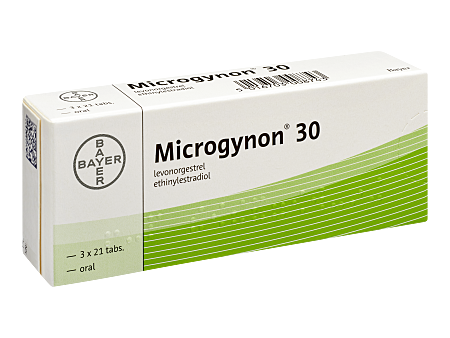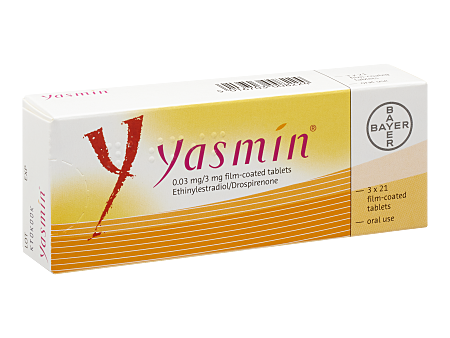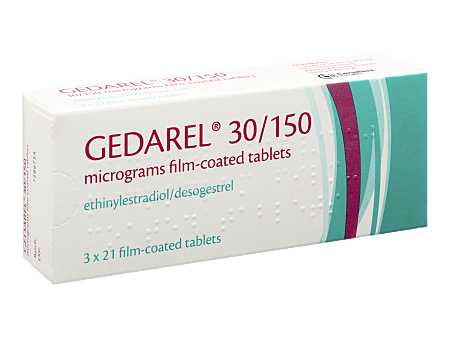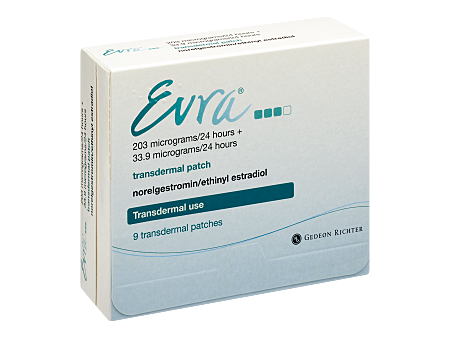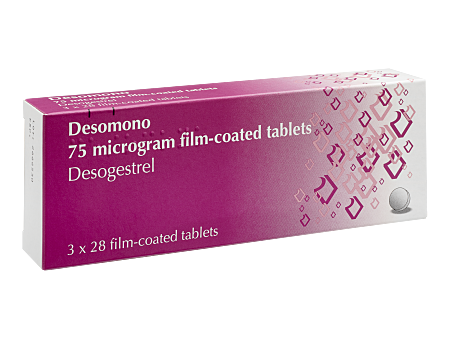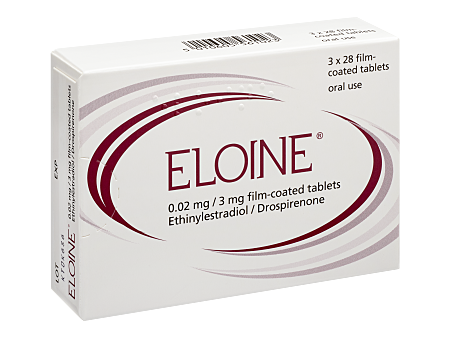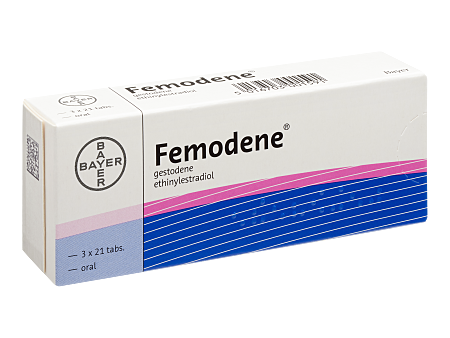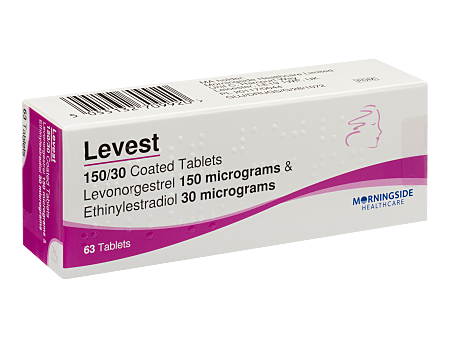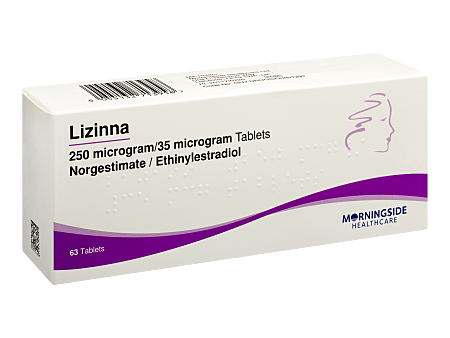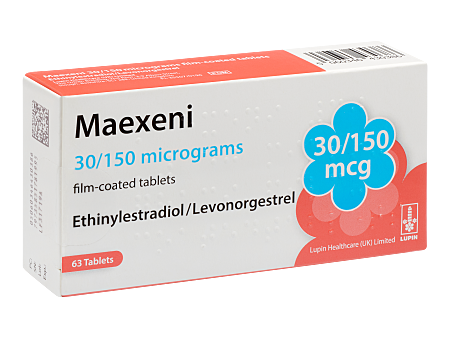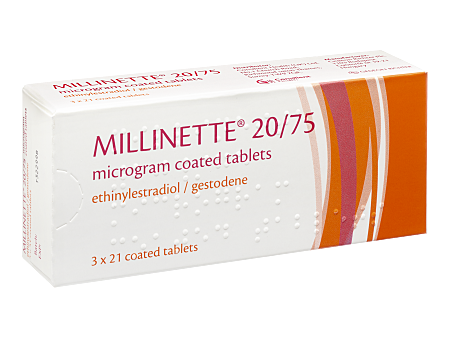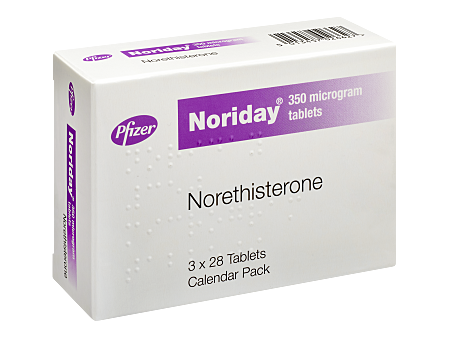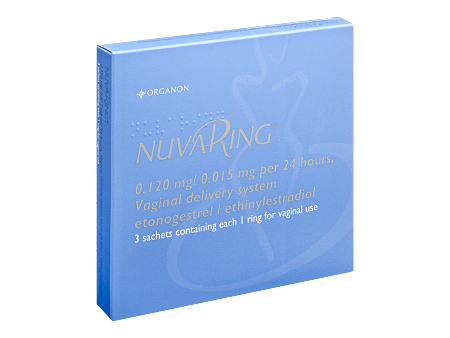Bleeding on the pill – what does it mean?
Many women find that taking a birth control pill makes their periods lighter and reduces period pain. However, the pill can sometimes cause bleeding and spotting between periods. Find out why you experience bleeding on the pill and when to consult your GP.

"Some women experience spotting between periods. This is particularly common during the first three months of taking a contraceptive pill, during which time your body adjusts to the hormones. "


Medically reviewed by
Dr Simran DeoLast reviewed: 05 Mar 2020
- 1. Can You Get Your Period on the Pill?
- 2. Bleeding Between Periods – Why Does Breakthrough Bleeding Happen?
- 3. Can You Take the Pill to Stop Your Periods?
- 4. Does Bleeding Affect How Effective the Pill is?
- 5. I Am on the Pill and Have Missed a Period. Am I Pregnant?
- 6. I Use the Pill and Am Experiencing Bleeding During Sex. Is That Normal?
- 7. When To See a Doctor
Can You Get Your Period on the Pill?
Whether you can get a period on the pill depends on which pill you are taking. The vast majority of contraceptive pills suppress ovulation, which means that you won’t experience a real period.
However, it is normal to experience vaginal bleeding which is similar to a period when you are taking a combined contraceptive pill. The combined pill contains the two hormones estrogen and progesterone. These pills are usually taken for three weeks, followed by a 7 day pill free period during which time you are likely to notice vaginal bleeding. This is perfectly ordinary and doesn’t mean that the pill hasn’t worked.
Bleeding Between Periods – Why Does Breakthrough Bleeding Happen?
Some women experience spotting between periods. This is particularly common during the first 3 months of taking a contraceptive pill, during which time your body adjusts to the hormones. You may also notice this side effect after more than three months of taking the pill. Spotting is not necessarily medically problematic but if the bleeding persists after 3 months we always recommend you see your doctor to ensure there are no serious underlying causes to these symptoms.Breakthrough bleeding is more common on the mini-pill, which only contains the hormone progesterone. The mini-pill is taken every day without a break. Some women do not have any bleeding while using a mini-pill but in some cases, the mini-pill can cause spotting throughout the month. If you notice this side effect after 3 months of being on the mini-pill you must see your GP to further investigate your symptoms, and if no underlying cause is found then they may recommend an alternative pill for you to try.
View Contraceptive Pill Treatments
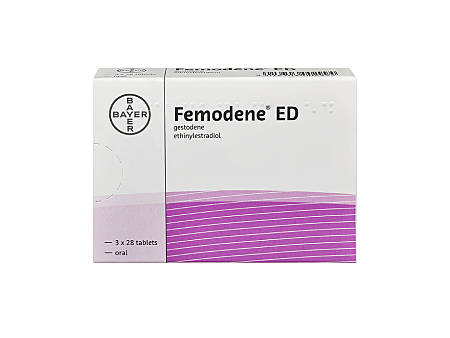
Femodene taken every day without a pill-free break

A good option for heavy, painful or irregular periods

Logynon taken every day without a pill-free break
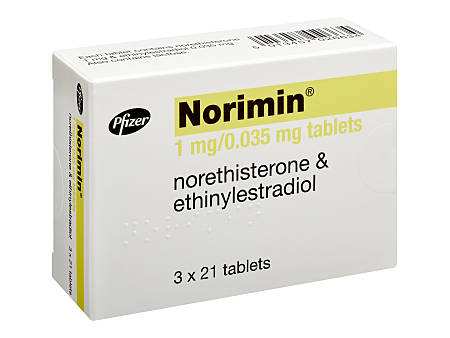
Can lead to lighter and less painful periods

Can improve period-related problems

A combined pill with fewer oestrogen-related side effects

A triphasic combined contraceptive pill

Get advice from a doctor on picking a pill

Please check your spelling or try another treatment name.
Can You Take the Pill to Stop Your Periods?
If you want to delay your period you can skip the pill-free week on the combined pill. In order to do this, you simply start the next pack straight away. This will usually meanthat you do not experience the normal period-type bleed but you may notice some spotting during the second pack.
It is recommended that you speak to your GP if you want to take more than three packs back-to-back. Skipping the pill break several times makes it more likely that you experience spotting but it does not increase your risk of blood clots and is thought to be very safe.
Please note: this is only for “monophasic” pills. These are those which contain the same amount of hormone throughout the month. Pills which contain different amounts depending on the day of the month are called “phasic” pills and they can not be taken back-to-back as this would make them less effective.
Always check the patient information leaflet for your pill if you are unsure which category it belongs to.
Does Bleeding Affect How Effective the Pill is?
Spotting or periods on the pill do not mean that the pill has not worked. Bleeding during the pill free break on the combined pill is normal and spotting is a known side effect that all contraceptive pills can cause. However, if this persists for longer than 3 months, or if it changes or gets worse in any way, please see your GP for an examination and possible investigations.
I Am on the Pill and Have Missed a Period. Am I Pregnant?
The pill is a highly effective contraceptive and if you have been taking it correctly it is unlikely that you are pregnant. However, if you are taking a combined pill and you have missed two or more period-type bleeds during your pill free week you should see a doctor to check whether you are pregnant. If you have missed a pill recently or have reason to believe that it may not have worked you should always consult your GP.
I Use the Pill and Am Experiencing Bleeding During Sex. Is That Normal?
While spotting on the pill may not be unusual, you should see a doctor if you experience unexplained bleeding during sex. Bleeding during sex can indicate a more serious underlying cause which may need to be looked into.
When To See a Doctor
- You are taking a combined contraceptive pill (which contains two hormones) and you have not had a period-like bleed for 2 packs or more
- You are experiencing unexplained heavier or painful vaginal bleeding
- You have noticed bleeding during or after sex
- You are having new spotting in between periods
- You would like to change your contraceptive pill
- You are on the mini-pill and notice that you are having a change in your bleeding or heavier bleeding after taking it for 3 months

